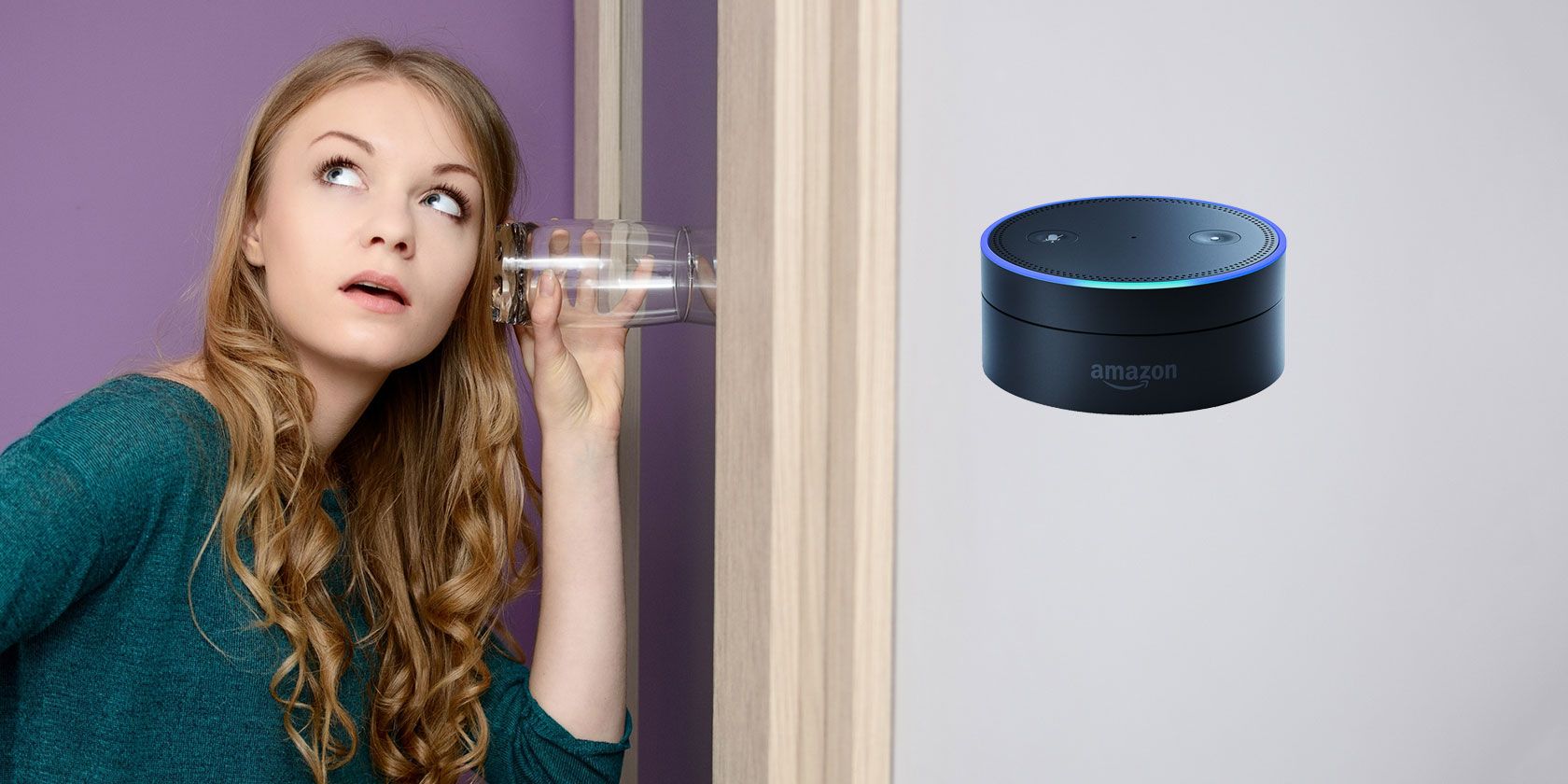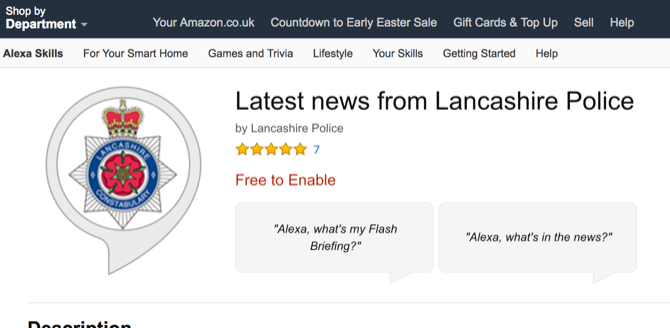"Alexa, call the police!"
You've probably never said that before. But if smart device manufacturers have their way, your smart home devices (as well as your digital personal assistants) might be able to make that call for you.
Siri Calls the Cops
It all seems like a positive thing, right? Removing hurdles between people and law enforcement is always good. But on the other hand, there are some interesting privacy concerns that we'll need to deal with if this becomes common.
In 2017, a prank went around where people would tell their friends to activate Siri and tell her the number "108." Seems innocuous, but that's the equivalent of 911 in India, and it would cause Siri to call the police in any country.
You can tell Siri to call 911, or a specific emergency service, like the fire department, and she'll do it for you.
At the moment, however, Google Home can't call 911. Neither can Alexa, unless you have the Amazon Connect add-on and a landline.
However, it looks like Alexa might be making a change. In early 2018, the Lancashire police rolled out an app that lets users get police updates from their Alexa device.
What's the Deal With the Alexa App?
It's important to remember that this is an Alexa skill released by one police department, and not a new Alexa feature.
This particular Alexa skill lets users get updates from emergency services in Lancashire, England---and Lancashire has some interesting plans for the next phases of their project.
The next step is to let users report crimes from their Echo devices. Or use internal Echo devices for information retrieval, like warrant details.
It all sounds pretty straightforward. Where's the privacy concern here?
The worrying part of this whole program is that crime reports will bestored on Amazon's servers, not the Lancashire constabulatory's. Which means data that used to be completely private---our conversations with the police---may no longer be if we continue using these services.
Of course, Amazon hasn't shown any public interest in using this information for its own gain.
But it's not hard to imagine them or another company doing so in the future. If you report a bike theft through your Echo device and start seeing bike ads all over the place because Amazon sold that information to an ad network, would you be comfortable with that? What about ice packs, bandages, and a Taser in response to domestic violence?
Privacy advocates are a bit worried.
And if Echo has access to warrant details, as Lancashire may be looking into, that means Amazon has access to police records. Again, probably not something privacy advocates will be excited about.
Not the First Time Smart Devices Have Been Co-Opted
This is one example in a larger trend of information and processing being outsourced by law enforcement.
For example, Axon (the company formerly known as Taser) uses machine learning algorithms on police video that's stored on their servers. They're one of the companies involved in controversial predictive policing.
And they want to collect photos and videos submitted by users of crimes and suspicious events.
Intelligence agencies can collect data from devices like smart TVs, turning smart-home devices into listening posts in citizens' homes. Law enforcement has been considering requesting data from smart-home devices for a while now. As we know, tech companies don't always cooperate with law enforcement. But Amazon recently handed over Alexa data to authorities in a murder case.
Many of these voice-activated devices are always on and listening to what's being said around them. Sometimes, that's a good thing, as in the case of an unnamed smart home device picking up the phrase "call the sheriffs" and preventing a possible assault or murder.
So there are some benefits to this type of feature. But there are some drawbacks, too.
Third-Party Policing
The number of companies who are inserting themselves between citizens and the police is increasing. Whether it's Alexa's storage of your crime reports or Axon's storage of your crime-scene photos, it's something that's relatively new.
While there isn't anything inherently wrong with this type of business, it does raise some privacy concerns. Something that has traditionally been very private is now in the hands of a third party.
And, at least in the US, that party has a lot of control over the data that it has. The EU is changing its laws on who owns data and what they can do with it, but the US gives companies a lot of power over the data that's on their servers.
The creation of law-enforcement-related databases by the government is one thing. The creation of those databases by Amazon (or Google) is another.
Let's get down to the real question here: do you have anything to worry about? No, probably not.
But that doesn't mean you shouldn't be paying close attention. Do you want Alexa to be able to call 911? Do you want Amazon to store your crime reports? These contracts are likely to become more common as smart technology (especially voice-activated tech) becomes more common in the home. If the Lancashire experiment is a success, it's likely that other law-enforcement agencies will try similar things. And that could eventually lead to more support by Amazon and Google. Of course, that's all speculation at the moment.
One thing is for sure: with always-listening devices, there's little you can do to keep your conversations private.
Image Credit: djedzura/Depositphotos


